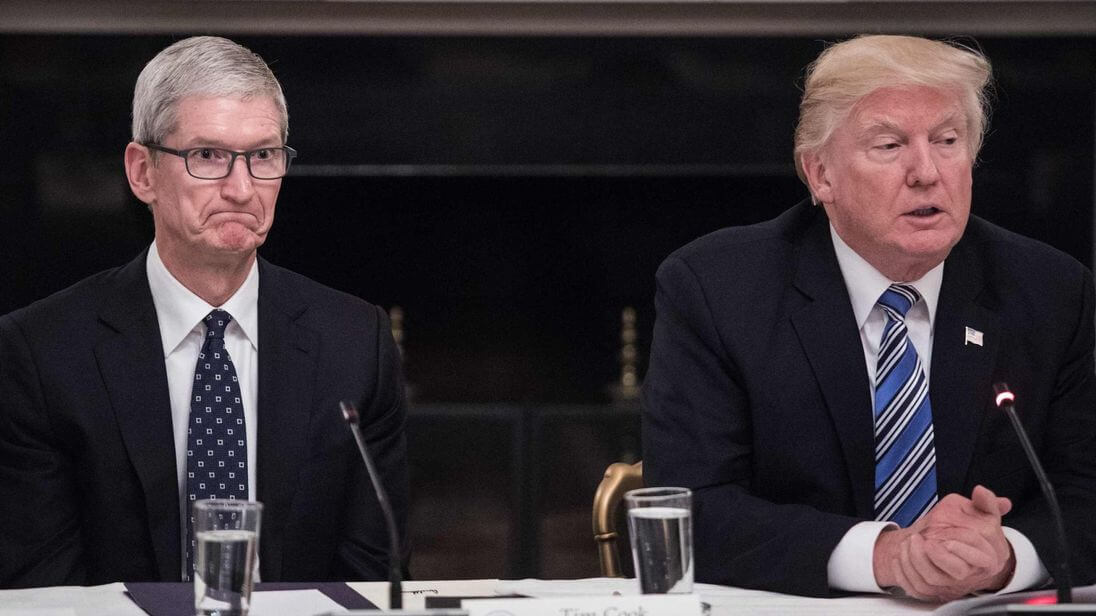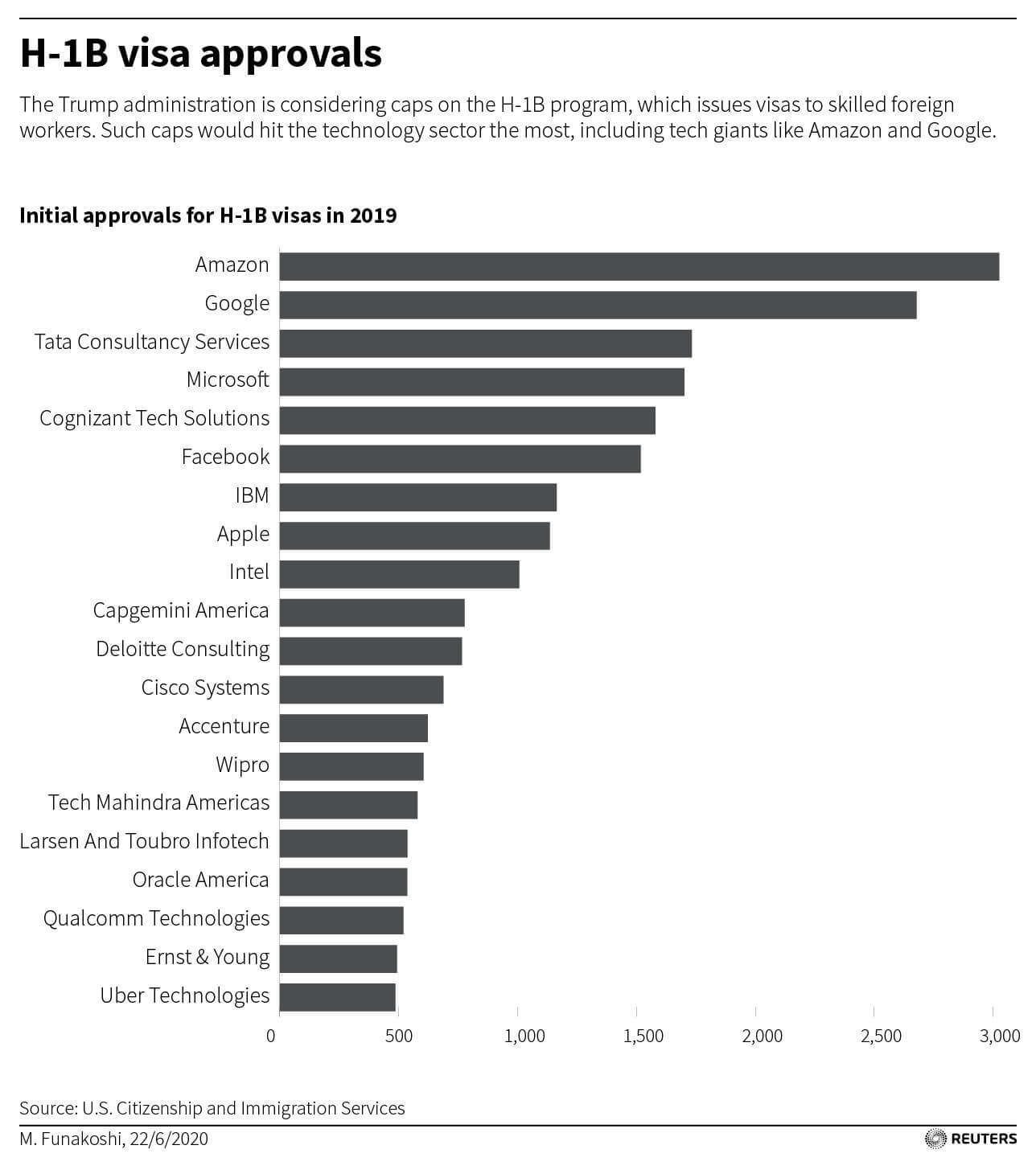What just happened? President Trump has once again drawn the ire of tech companies after his administration suspended the issuance of certain temporary work visas. The move is framed as prioritizing jobs for American workers in the midst of the economic downturn, but Google, Apple, and Twitter have all spoke out against limiting immigration.
The executive order, signed by Trump on Monday, applies to H-1B visas (skilled workers), H-2B visas (non-agricultural seasonal workers), H-4 visas (spouses and children of H-1B/H-2B visa holders), L-1 visas (execs transferring to the US with the same employer), L2 visas (dependents of L1 holders), certain J-1 visas (cultural and educational exchange.), and J-2 visas (spouses and dependents of J-1 holders).
It's the suspension of H-1B visas, used by many tech companies to hire foreign workers with specialized skills, that is proving most controversial among some of America's largest organizations. The US grants 85,000 of these visas every year.
As reported by The Guardian, Amazon said that "preventing high skilled professionals from entering the country and contributing to America's economic recovery puts American's global competitiveness at risk."
Sundar Pichai also spoke out: "Immigration has contributed immensely to America's economic success, making it a global leader in tech, and also Google the company it is today."
"Disappointed by today's proclamation - we'll continue to stand with immigrants and work to expand opportunity for all," added the Google boss.
Twitter vice-president for public policy and philanthropy, Jessica Herrera-Flanigan, said: "This proclamation undermines America's greatest economic asset: its diversity. People from all over the world come here to join our labor force, pay taxes, and contribute to our global competitiveness on the world stage."
The order does not apply to those already in the US, and there will be exemptions for food processing workers and health care workers helping with the Covid-19 pandemic. Anyone "whose entry would be in the national interests" is also exempt.
The order comes two months after Trump signed an initial executive order that imposed a 60-day ban on green cards issued abroad. Many of the president's supporters said it didn't actually "suspend immigration into the US," as Trump promised.
A White House official said the new measures would free up more than half a million jobs for Americans, but some business groups argue that they could reduce job creation and harm the economic recovery.

